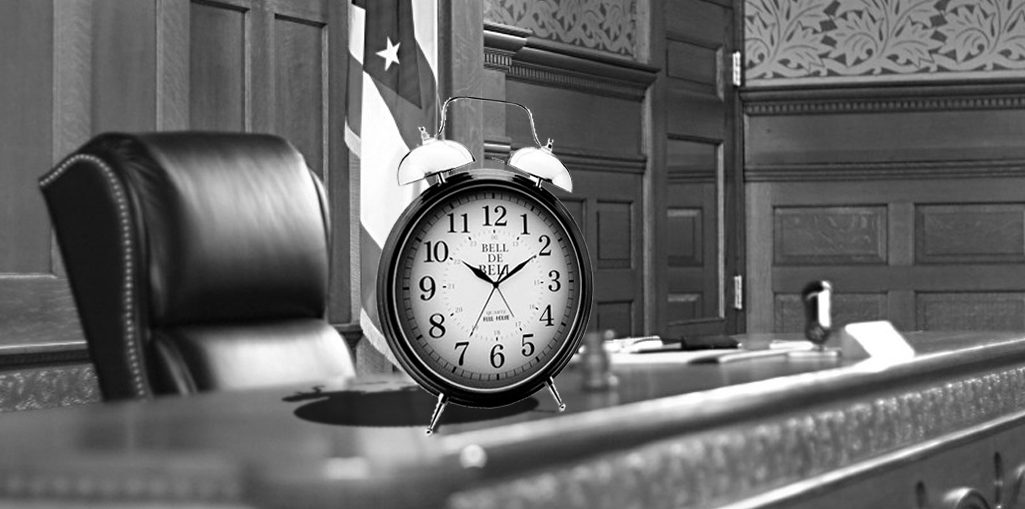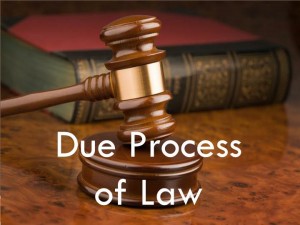People v Brown
2016 NY Slip Op 08482New York Court of Appeals
New York Court of Appeals
Decided on December 20, 2016
Issue: Whether, in the event of a change in the People’s readiness status, the People or the defendant have the burden of showing that a previously filed off-calendar statement of readiness is illusory.
Holding: The Court of Appeals held that such a statement is presumed truthful and accurate; a presumption that can be rebutted by a defendant’s demonstration that the People were not ready at the time the statement was filed. While the defendant has the burden of establishing that the off calendar statement of readiness is illusory, the People still bear the burden to ensure the record explains the cause of adjournments sufficiently for the court to determine which party should be charged with delay.
When the People file an off-calendar statement of readiness and then announce an on the calendar, on-record statement of not ready, the People must explain the reason for their change in readiness status.
Facts: James Brown was charged with two counts of first degree robbery in November of 2006. At a July 9, 2007 court appearance, the People did not answer ready for trial and stated that “7/23 is good. The week of 7/30 is bad.” The Supreme Court adjourned the case to August 8, 2007, and on July 17, the People filed an off-calendar statement of readiness (the first time they answered ready for trial). At the August 8 calendar call, the People answered not ready with no explanation as to why they were not ready.
The defendant moved to dismiss the indictment pursuant to CPL 30.30 (1)(a), asserting that the People’s statement of readiness on July 17 “was illusory as the People were not ready again on August 8.” The court denied the motion and rejected defendant’s request for a hearing. Defendant was found guilty on one count of robbery in the first and was sentenced to 22 years to life in prison. The Appellate Division affirmed the judgment.
Analysis: As noted by the Court, the purpose of CPL 30.30 is to “insure prompt prosecutorial readiness for trial” and to “discourage prosecutorial inaction.” CPL 30.30(1)(a) requires the People to be ready within “six months of the commencement of a criminal action wherein a defendant is accused of one or more offenses, at least one of which is a felony”, while CPL 30.30(1)(b) requires readiness within 90 days in misdemeanor cases.
If the prosecution fails to make a statement of readiness within the time limit, he or she will be dismissed of the prosecution, unless the People can show that certain time periods should be excluded. If a defendant alleges that the prosecution was not ready within the time limit, the People have the burden of demonstrating they are entitled to exclusion under CPL 30.30.
The Court of Appeals established two elements required to be “ready for trial”: (1) “There must be either a statement of readiness by the prosecutor in open court, transcribed by a stenographer, or recorded by the clerk or a written notice of readiness sent by the prosecutor to both defense counsel and the appropriate court clerk” and (2) “The People must in fact be ready to proceed at the time they declare readiness.”
In England, as noted by the Court of Appeals, that court held that when the People declare readiness when they are not, in fact, ready, that statement is “illusory and insufficient to stop the running of the speedy trial clock.”?People v England, 84 NY2d 1, 4 (1994). As the Court of Appeals has previously held “a notice of readiness is the kind of record commitment to proceed which satisfies the People’s duty to be ready for trial, and serves to toll the ‘speedy trial clock’ from running for the remainder of that adjournment period.” The People may be charged with postreadiness delay when their inaction has been shown to cause the delay. On the contrary, if there is no presented proof by the defendant that the People’s readiness statement did not reflect their position, the People are not liable under CPL 30.30.
Turning to their decision in Sibblies, the Court of Appeals held that defendants motion under CPL 30.30 should have been granted where the prosecution made off-calendar statements of readiness and then, later, stated they were not ready. People v Sibblies, 22 NY3d 1174 (2014). Focusing on two concurring opinions in Sibblies, the Court noted that the People must “demonstrate an exceptional fact or circumstance” and that the People were not ready when they filed the off-calendar certificate. The Court concluded that even though the Peoples statements were made in good faith, their unreadiness was “not due to the type of exceptional fact or circumstance.”
Accordingly, the Court of Appeals held that “an off-calendar statement of readiness is presumed truthful and accurate and that a defendant who challenges such a statement must demonstrate that it is illusory.” Even though the defendant still carries the ultimate burden of showing the statement is illusory, the People are still obligated to ensure the record provides a clear explanation as to the cause of adjournments. In other words, if the prosecution declares unreadiness after filing an off-calendar statement of readiness, the People are required to show valid reasoning for their change in readiness.



